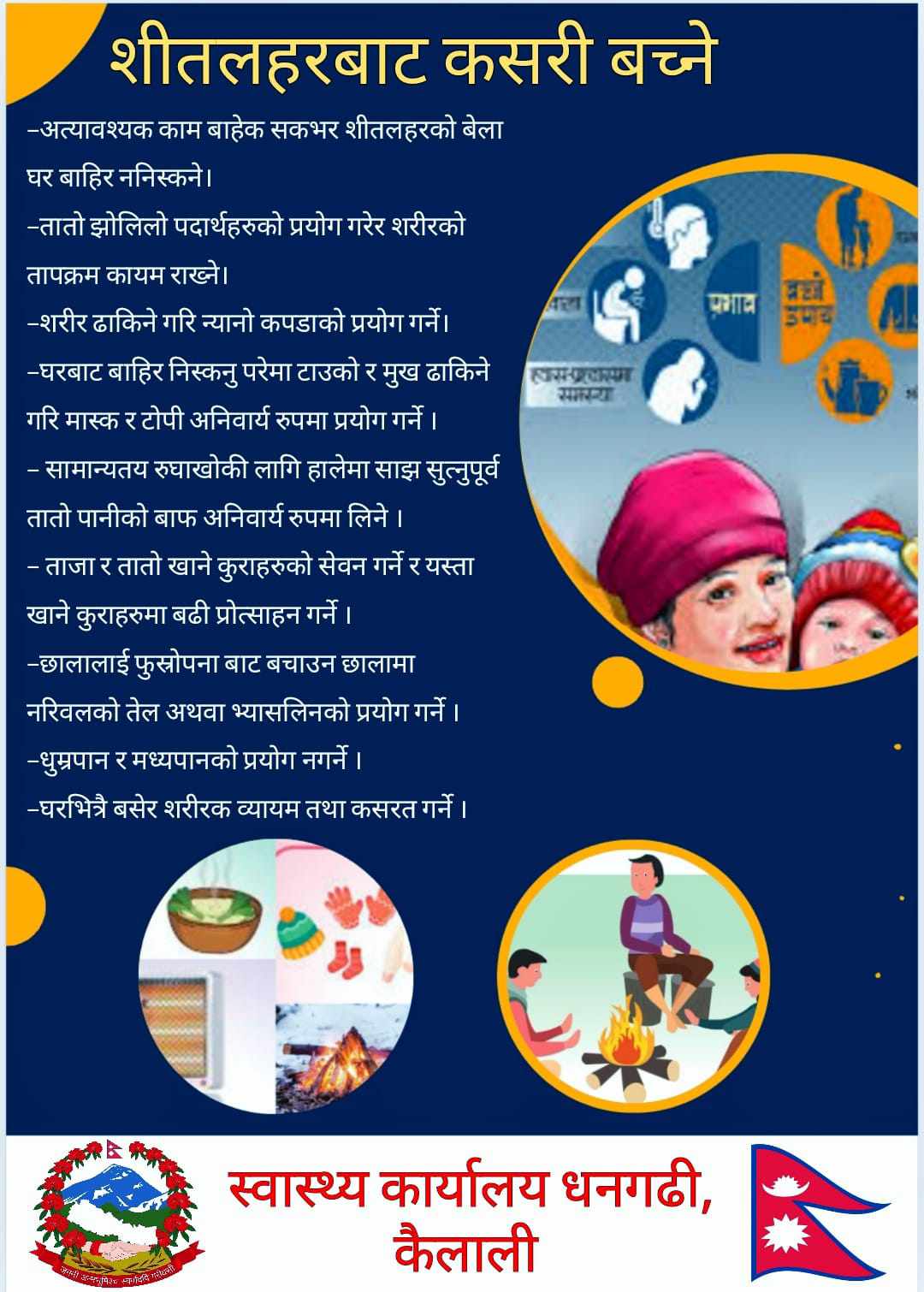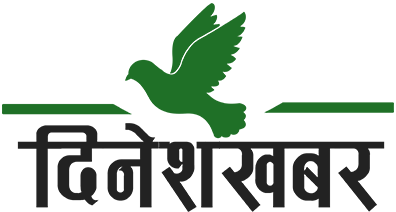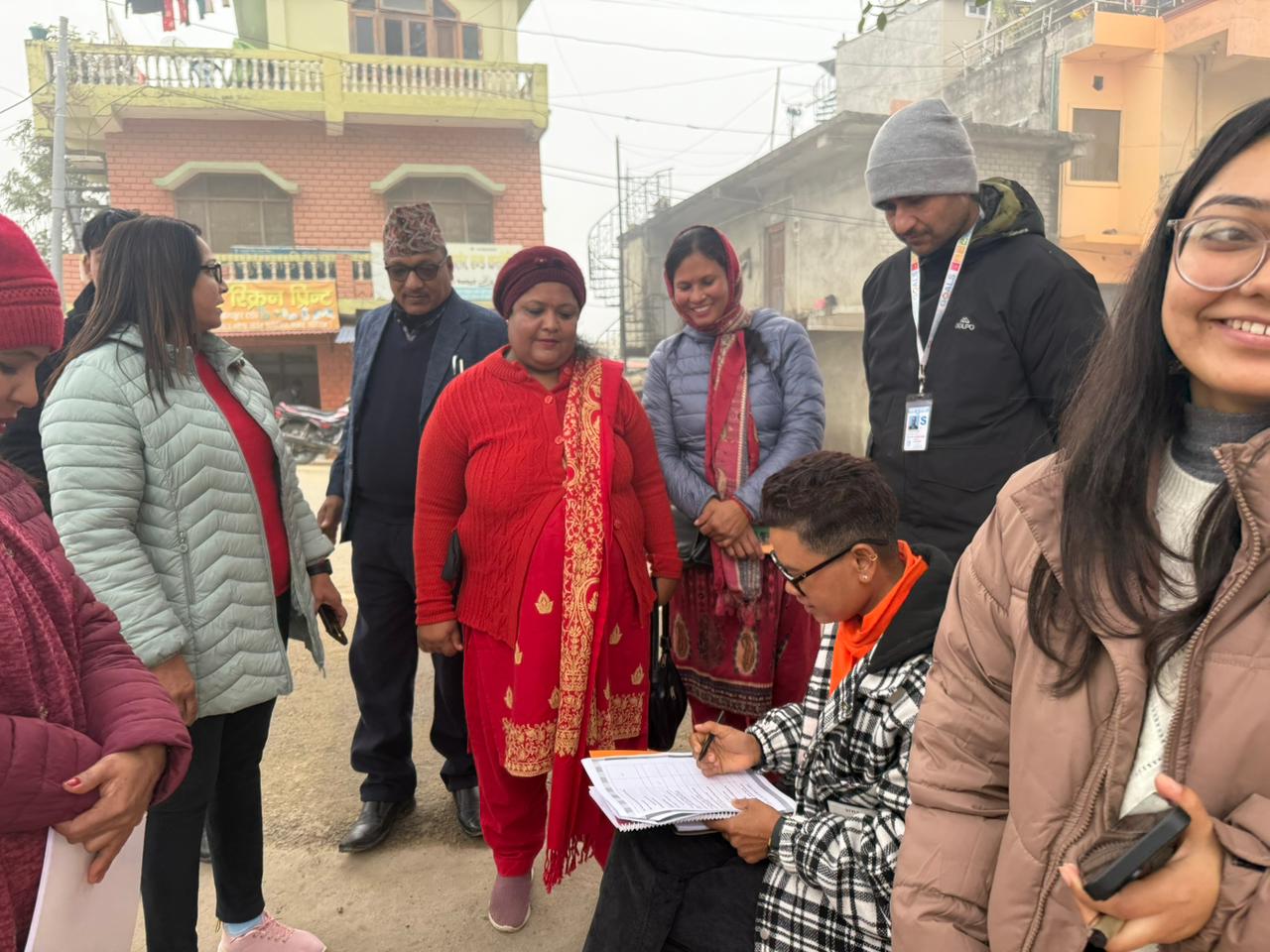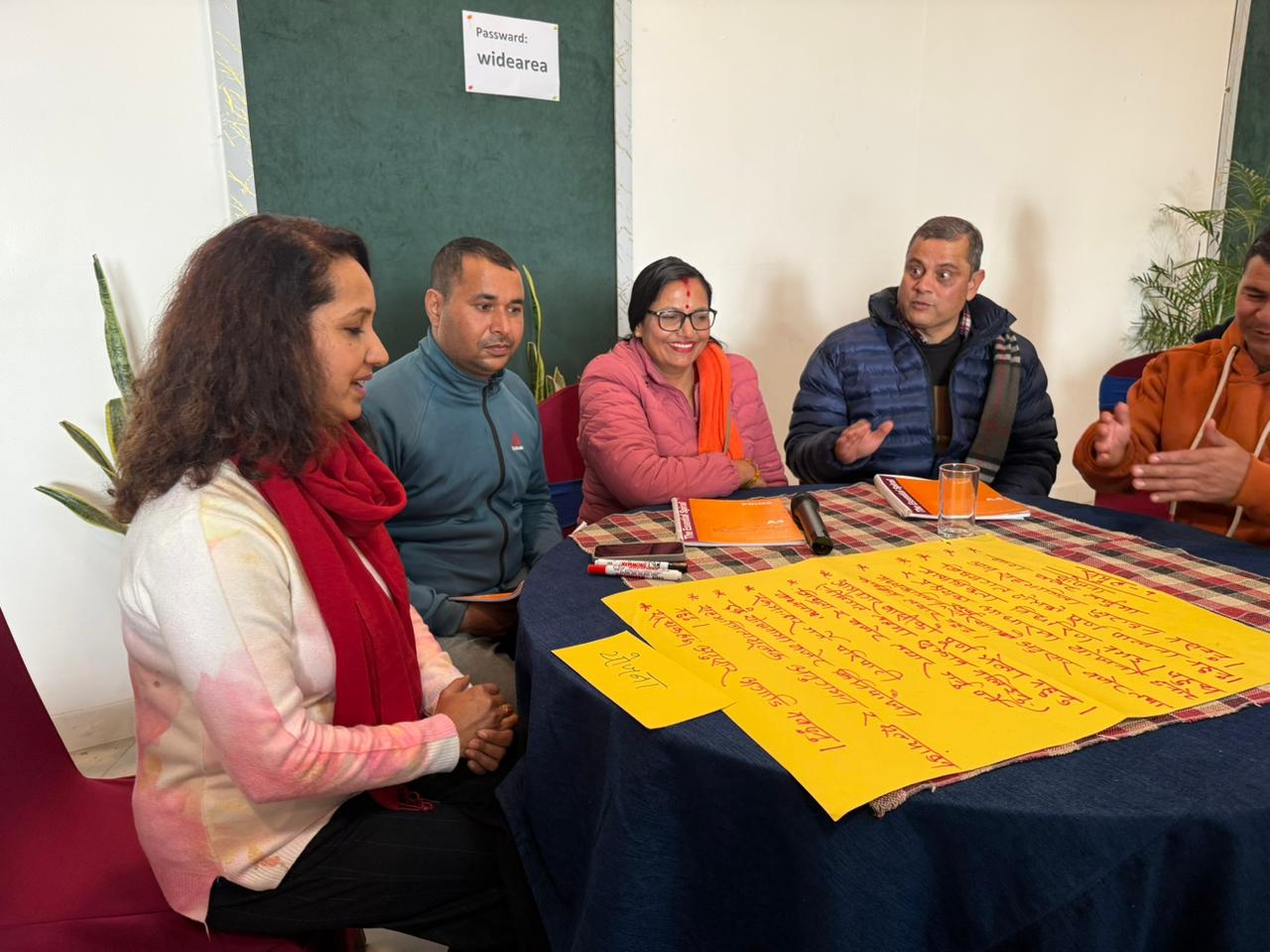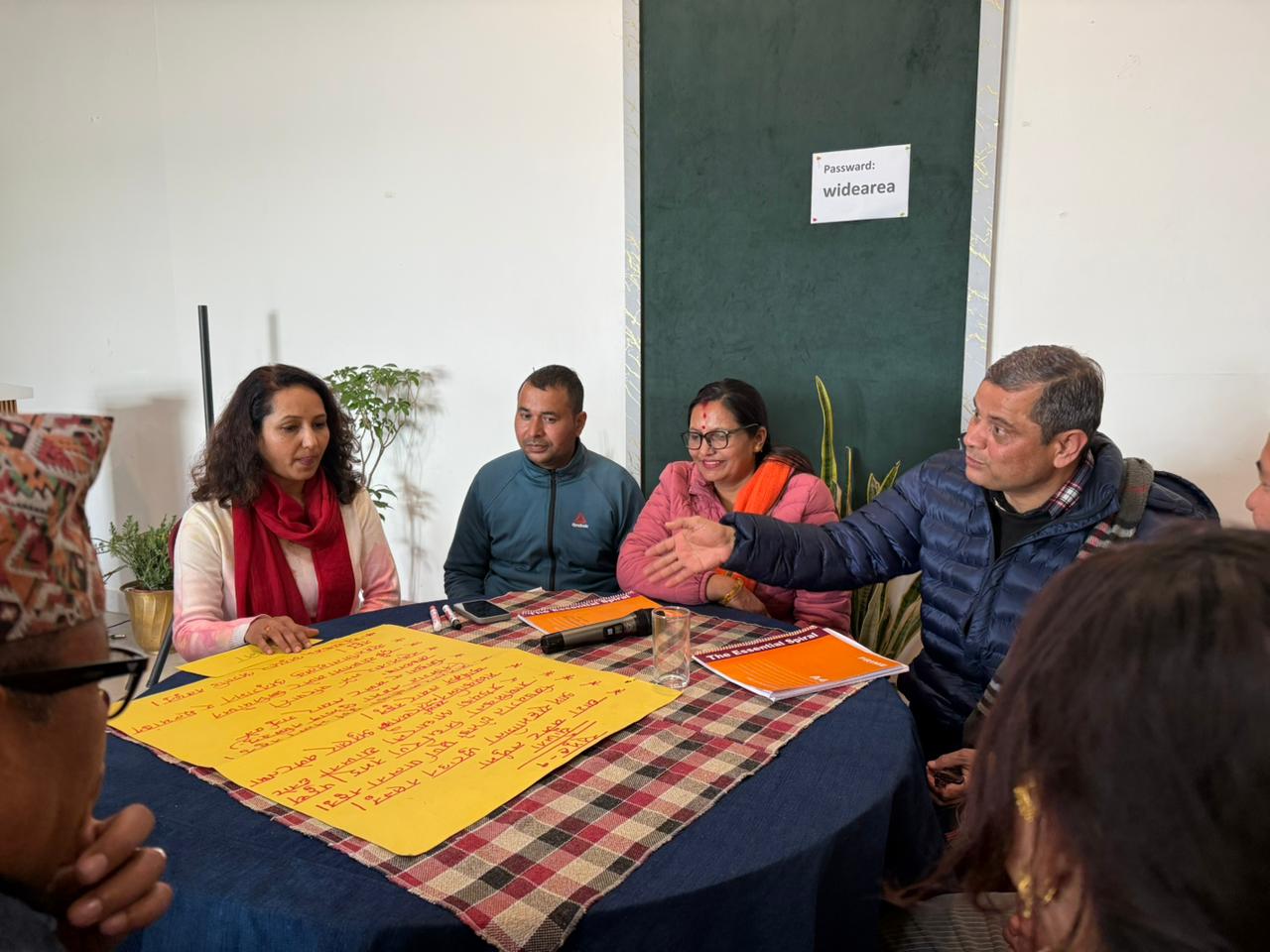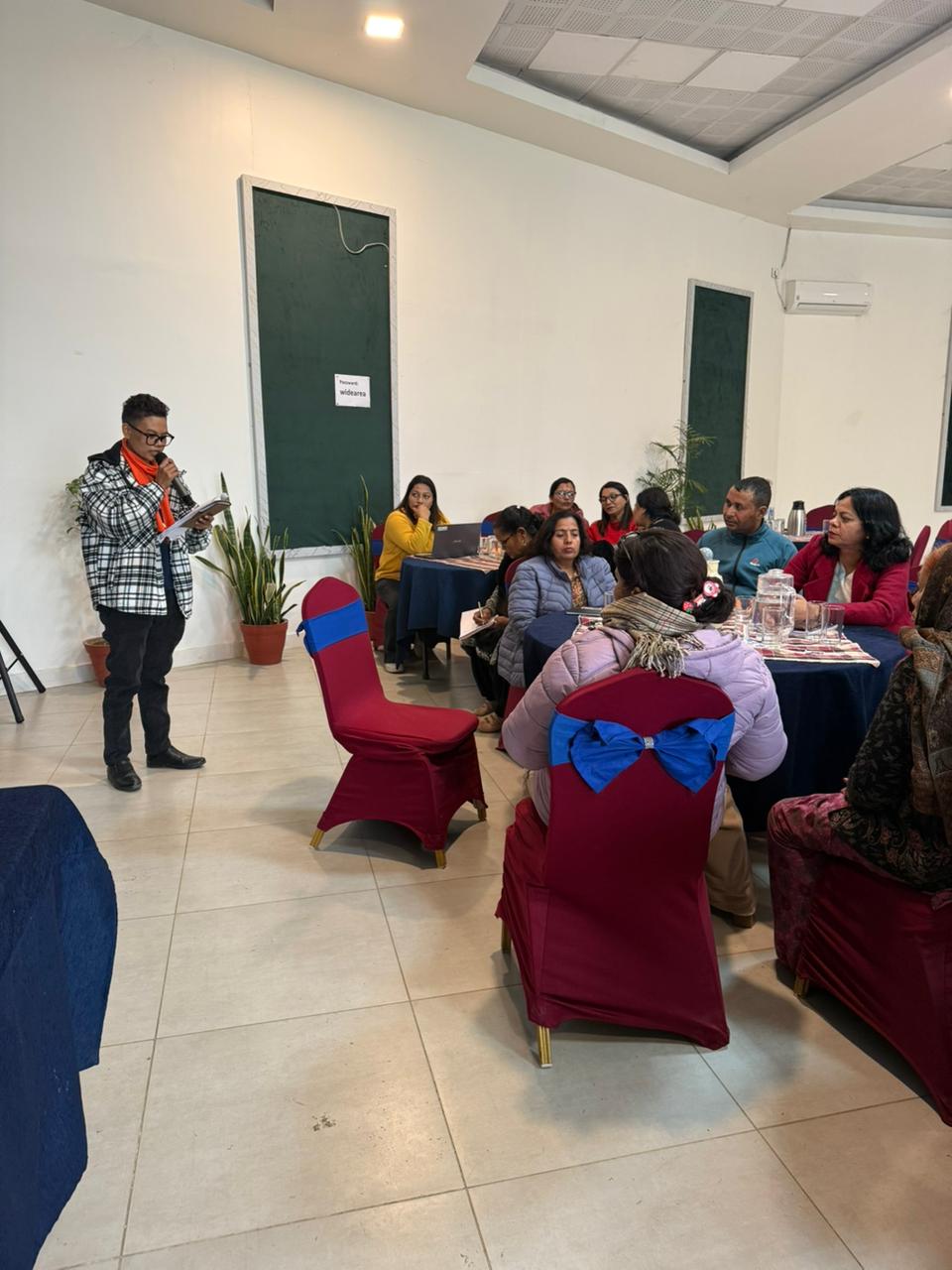Cities 4 Women organizes validation and feedback workshop to bridge gender and participation gap

Dhangadhi, Nepal: The Cities 4 Women initiative has organized a two-day workshop in Dhangadhi aimed at validating and garnering feedback on the gender and participation gap assessment within the Dhangadhi Sub-Metropolitan City .
The workshop brought together local government representatives, urban planners, and community members to discuss strategies for creating more inclusive and climate-resilient public spaces in Nepal's rapidly growing urban areas.
Launched in 2023, the Cities 4 Women Nepal project is set to run until 2027 with a focus on empowering municipalities to address the challenges posed by rapid urban growth and climate vulnerability. Although, the project started in 2023 it was implemented in Dhangadhi Sub-Metropolitan City only in 2024. The project aims to design and construct gender-responsive, climate-resilient public open spaces while actively involving local communities, especially women, in the planning and development process.
One of the core goals of the project is to strike a balance between urban development and the preservation of open public spaces, which are crucial during natural disasters. As new cities emerge, ensuring these spaces are accessible to everyone, particularly women, children, and people with disabilities, is key to creating equitable urban environments. The project also ensures that new infrastructures do not hinder mobility for vulnerable groups and addresses the long-term relevance of these spaces for future generations.
The Cities 4 Women project adopts a participatory approach to urban development, allowing citizens to actively shape their vicinity. By involving the community in the planning stages, engineers can design spaces that meet the needs and aspirations of inhabitants. This approach is seen as a pivotal step in addressing the pertaining gaps in Nepal's urban planning, where many public spaces have been developed without taking into account the needs of differently-abled individuals.
A prominent success of the “Cities 4 Women” initiative has been the co-designing workshops conducted in Ward 1 and Ward 2 of Dhangadhi. These workshops have encouraged local residents to actively participate in shaping their city’s future, ensuring that new infrastructure projects reflect their needs and priorities. Similarly, the project has been instrumental in organizing the Saturday Women’s Fair at Park Mode in Dhangadhi. This event has not only provided a platform for women to showcase their products and talents but has also become a valuable source of income for many women in the area.
The project is co-funded by the European Union and USAID, and is implemented by UNOPS in collaboration with UN-Habitat, Cities Alliance, and local governments in six municipalities across Nepal: Birendranagar, Chandragiri, Dhangadhi, Lamkichuha, Sunwal, and Tansen. Through this collaboration, the initiative seeks to enhance the urban planning and design capacities of these municipalities, focusing on gender inclusion, climate resilience, and public participation.
Key components of the project include conducting safety audits, urban walks, and gender-based community mapping exercises. These tools help prioritize the design and development of public spaces that address the needs of women, persons with disabilities, and other marginalized groups. Additionally, the project aims to strengthen the leadership of elected women representatives and ensure their voices are heard in the planning and decision-making processes.
Nepal’s rapid urbanization, compounded by the country’s vulnerability to climate-related risks, presents significant challenges in building inclusive and resilient public infrastructure. With 80% of the population at risk from natural and climate-induced hazards, the need for climate-resilient urban infrastructure is more pressing than ever. Women, in particular, face disproportionate impacts from this vulnerability, as public spaces in many parts of the country lack safety, accessibility, and inclusivity.
The Cities 4 Women project is designed to address these disparities by creating urban spaces that prioritize gender inclusion, climate resilience, and the needs of all urban residents. This initiative is not only an important step towards more inclusive urbanization but also sets a precedent for other cities worldwide that aim to create safer, more equitable public spaces.
Through activities such as community mapping exercises, co-designing sessions, and the introduction of the TagMe app, the project continues to foster public collaboration and promote gender equity in urban planning. By involving local communities in the design and development process, Cities 4 Women is paving the way for a more inclusive and sustainable urban future in Nepal.

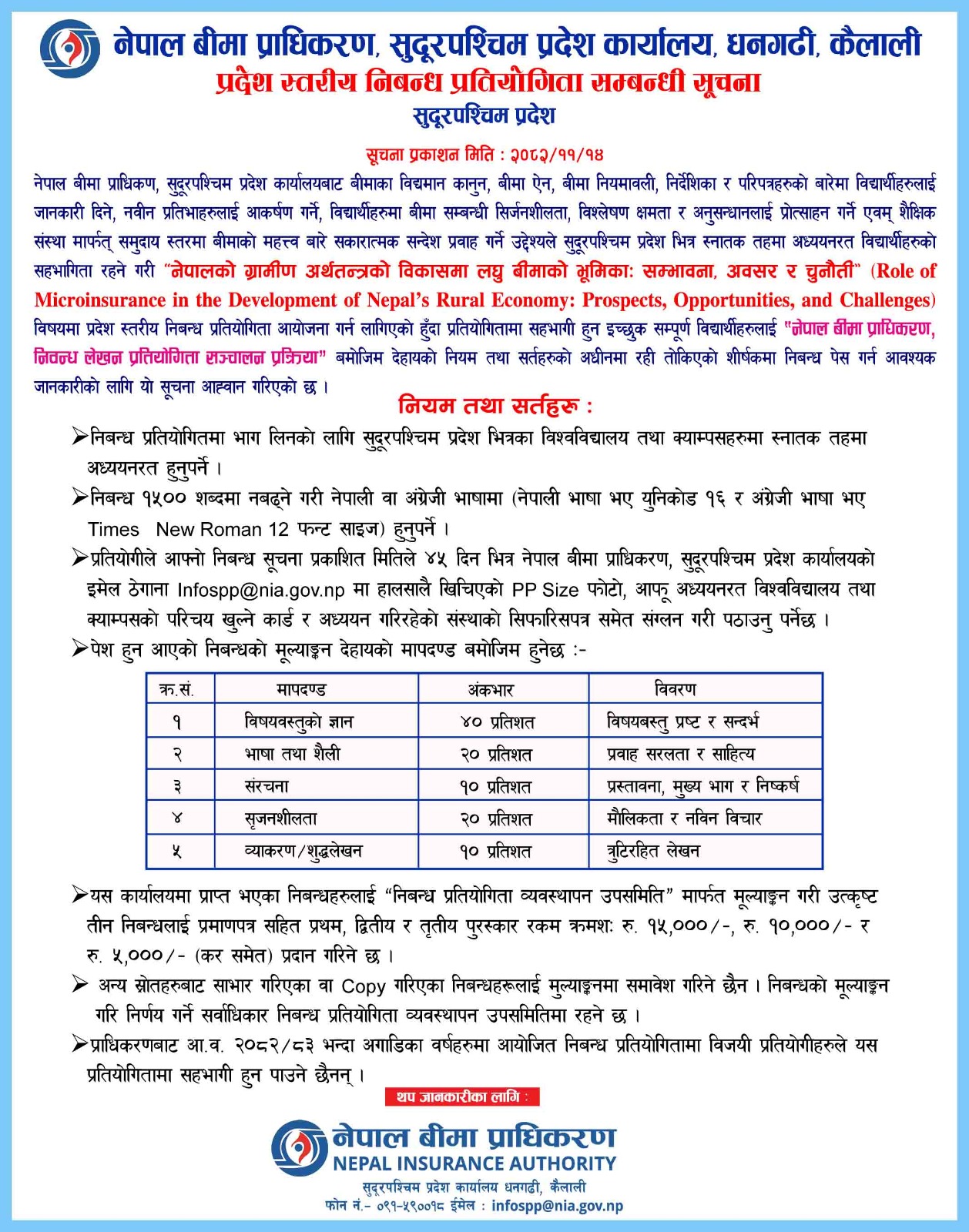
.jpeg)
